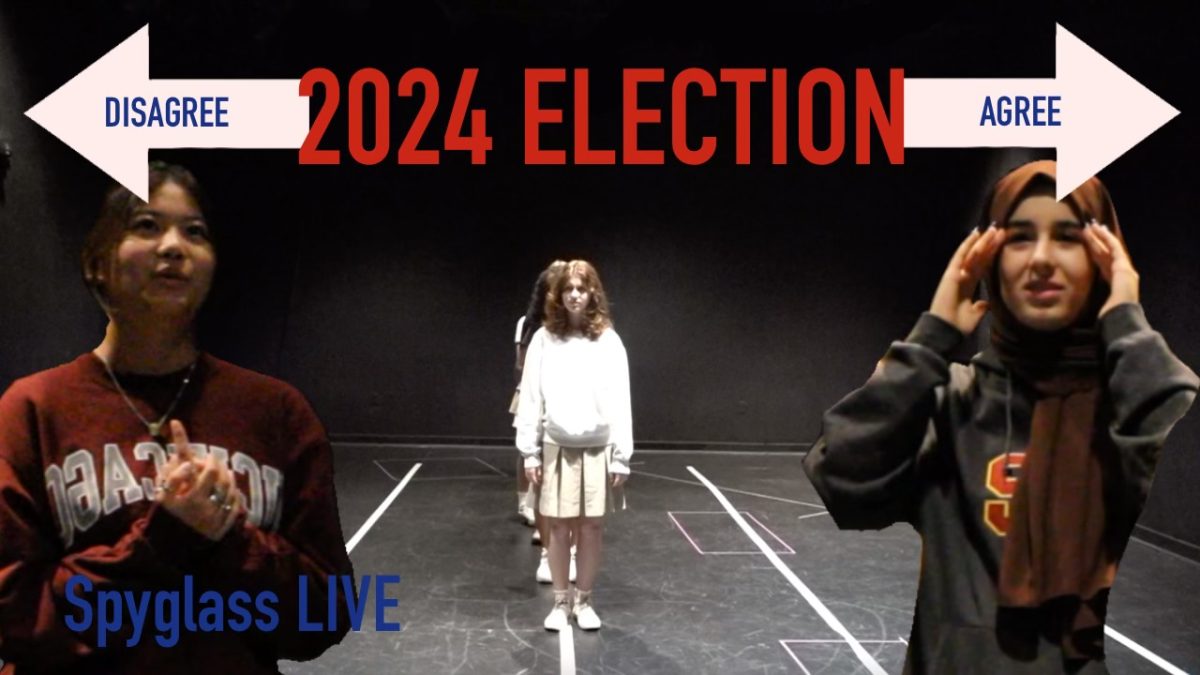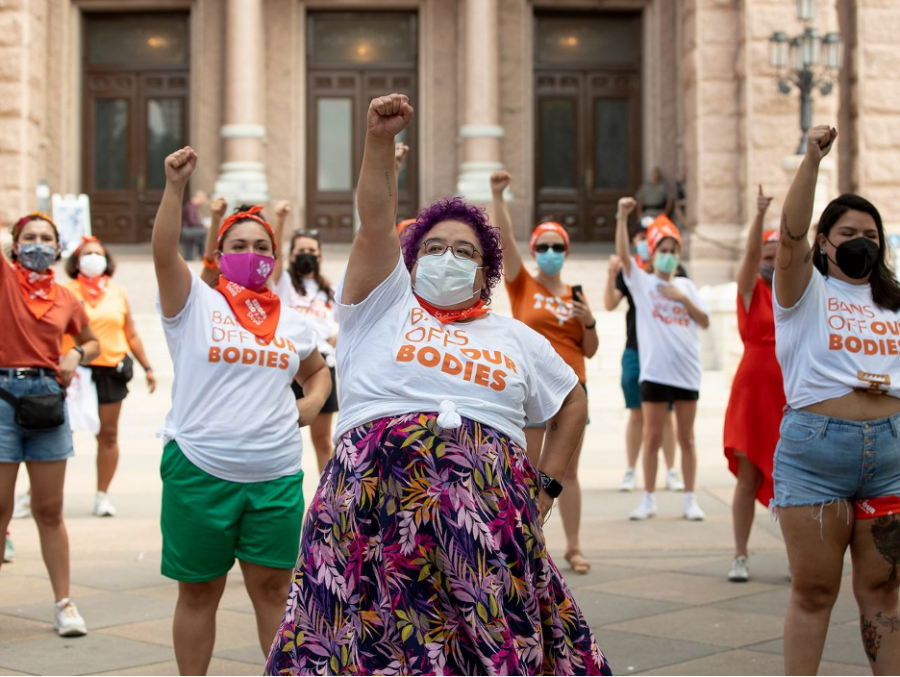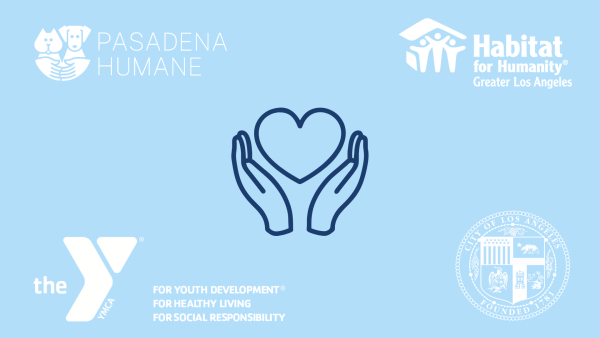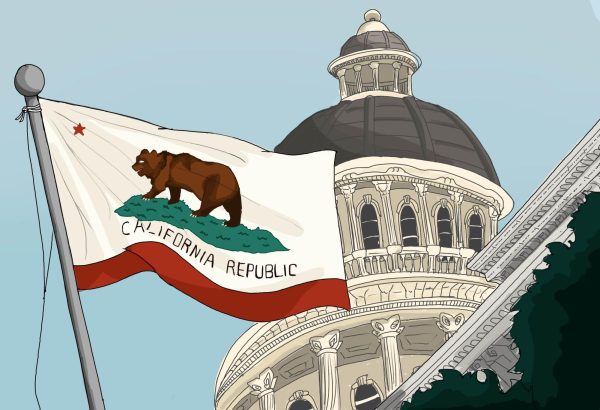Texas Abortion Ban SB 8: 6 Things You Should Know and Why You Should Care
Protest against SB 8 at the Capitol in Austin, Texas. (Jay Janner/Austin American-Statesman/Associated Press)
1. SB 8 Bans Abortion as Early as Six Weeks
On September 1, 2021, a Texas law that bans abortions as early as six weeks went into effect. The law, Senate Bill (SB) 8, explains that individuals can sue anyone who provides an abortion after a fetal heartbeat is detected: “A physician may not knowingly perform or induce an abortion on a pregnant woman if the physician detected a fetal heartbeat for the unborn child as required by Section 171.203 or failed to perform a test to detect a fetal heartbeat.” The law offers a $10,000 minimum reward for every successful lawsuit.
SB 8 is only one of the many bills that is fighting against Roe V. Wade, a landmark Supreme Court case that ruled in favor of Jane Roe who filed a lawsuit against the district attorney of Dallas County, Texas, opposing a Texas law that prohibited most abortions.
2. SB 8 Reduces Time to Make a Decision
Abortions are still allowed in Texas, but only for two weeks after a woman’s first missed period. According to Planned Parenthood, “It takes about 2 to 3 weeks after sex for pregnancy to happen. Some people notice pregnancy symptoms as early as a week after pregnancy begins—when a fertilized egg attaches to the wall of your uterus. Other people don’t notice symptoms until a few months into their pregnancy.”
Under SB 8, a woman would only have two weeks to confirm that she is pregnant with a test and then make the difficult decision as to whether she wants to undergo an abortion or not. A handful of women may not track their periods or may have irregular cycles, all of which can make it extremely difficult to recognize if one is pregnant.
Opponents of SB 8 believe that two weeks is not enough time to, first, come to the conclusion that one is pregnant and, second, to make a thoughtful, informed decision about obtaining an abortion.
3. The Law Joines the Efforts of Other States to Restrict Abortion
SB 8, also known as the Texas Heartbeat Act, is similar to bills that have been enacted in other states including Ohio, Kentucky, Georgia, Mississippi, Alabama, and Louisiana.
“Our creator endowed us with the right to life and yet millions of children lose their right to life every year because of abortion,” Greg Abbott, governor of Texas, said in a bill signing ceremony.
However, several laws in other states intended to restrict abortion access have not been enacted due to legal challenges.
For instance, when Henry McMaster, governor of South Carolina, signed a law to ban most abortion procedures on February 18, 2021, Planned Parenthood South Atlantic and Greenville Women’s Clinic sued in federal court. These types of lawsuits have stalled the implementation of laws similar to SB 8.
4. There Are Only a Handful of Exceptions. Rape and Incest Are Not Any of Them.
The new Texas law does not allow abortion after two weeks, even in cases that involve rape or incest. However, the law does authorize abortions for health reasons, but reasons are limited to a pregnancy that could endanger the mother’s life or cause permanent, serious injury to a major bodily function.
On September 1, Governor Abbott tweeted, “No freedom is more precious than life itself. Starting today, every unborn child with a heartbeat will be protected from the ravages of abortion. Texas will always defend the right to life.”
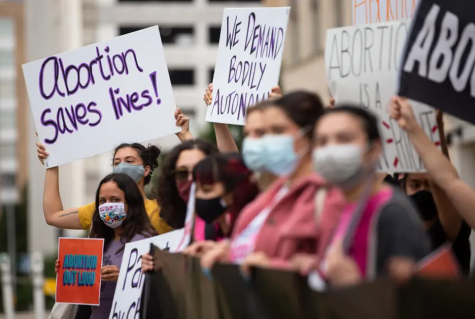
5. Vulnerable Populations Are Impacted Disproportionately
50% of women in the United States who received an abortion in 2014 lived in poverty, according to a 2016 study by the Guttmacher Institute. Data indicate that Black patients accounted for around 30% of abortions in Texas in 2020.
SB 8 will mainly impact vulnerable populations including teenagers, those who are low-income, people of color, and lastly, undocumented immigrants. A woman of means most likely has the resources to travel to states that do not have such stringent abortion restrictions as Texas. However, undocumented and low-income women do not have access to such luxuries.
Michelle Anderson with the Afiya Center, an advocacy group for Black Texans’ reproductive rights, explains how the Texas law will perpetuate the rate of generational poverty in Black communities. “For Black women, we know that our young girls are at risk of losing their futures because they’ll be forced to parent before they’re prepared.”
6. SB 8 Is Challenged by Opponents
Planned Parenthood has expressed their opposition to SB 8, and has explained that they are determined to challenge the Texas law. “Reproductive rights advocates, including Planned Parenthood, are fighting S.B. 8 in court and are working to stop the abortion ban. We’ll keep providing updates as the situation unfolds. And know this: Planned Parenthood is here for you. We’ll continue to provide quality, essential health care, and we’ll never stop fighting for your right to access the care you need.”

Sophene is a senior and in her sixth year on Spyglass. In her free time, she enjoys baking, spending time with family, and watching Gilmore Girls and Friends.





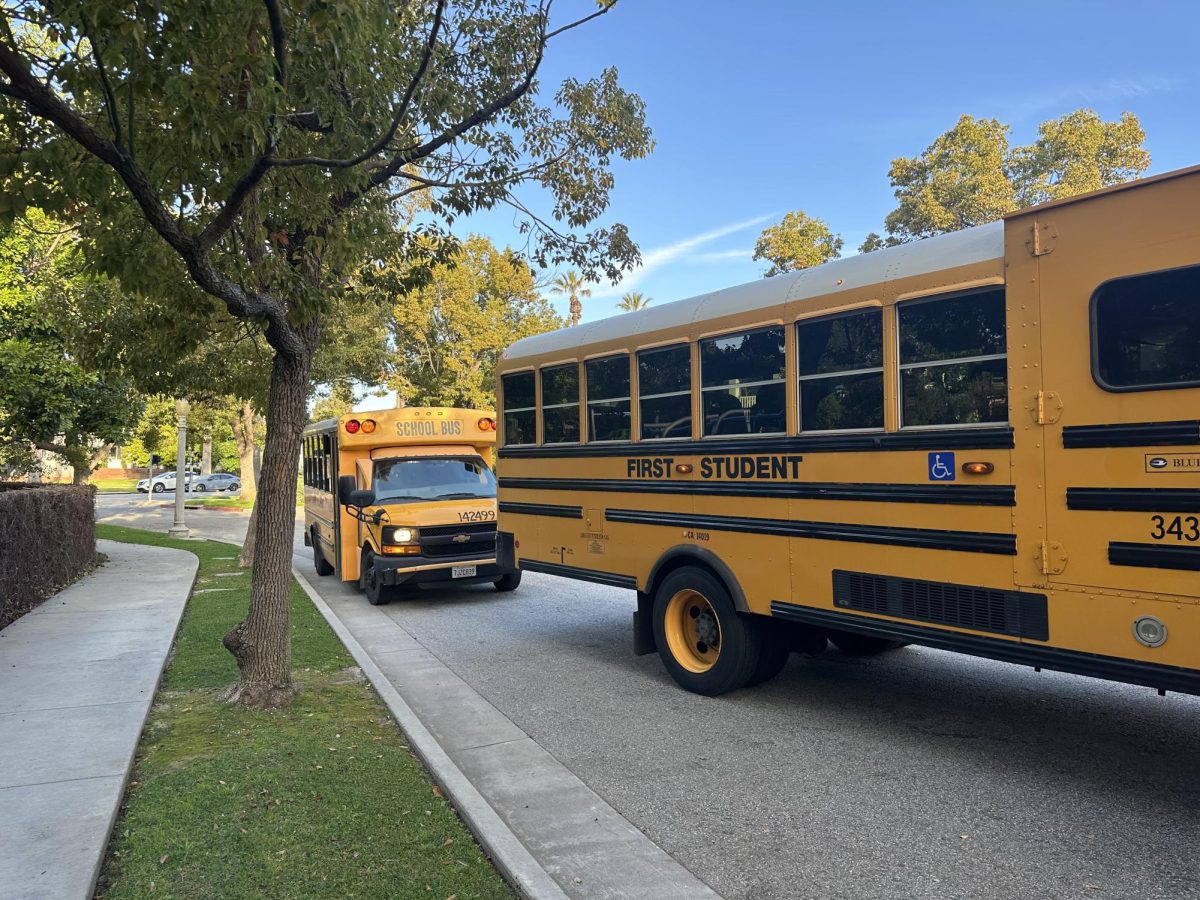











![Dr. Zanita Kelly, Director of Lower and Middle School, pictured above, and the rest of Westridge Administration were instrumental to providing Westridge faculty and staff the support they needed after the Eaton fire. "[Teachers] are part of the community," said Dr. Kelly. "Just like our families and students."](https://westridgespyglass.org/wp-content/uploads/2025/03/dr.-kellyyy-1-e1748143600809.png)






















